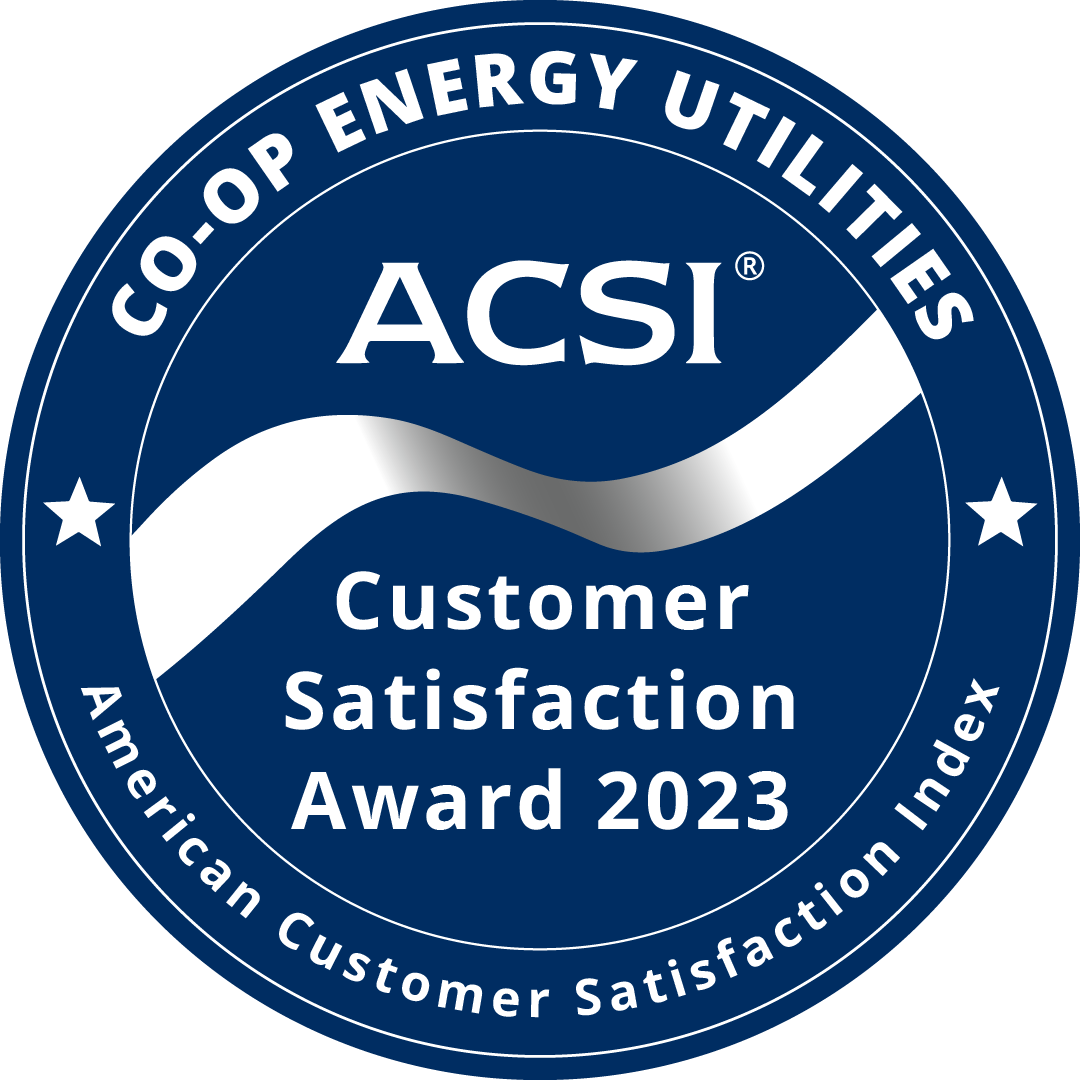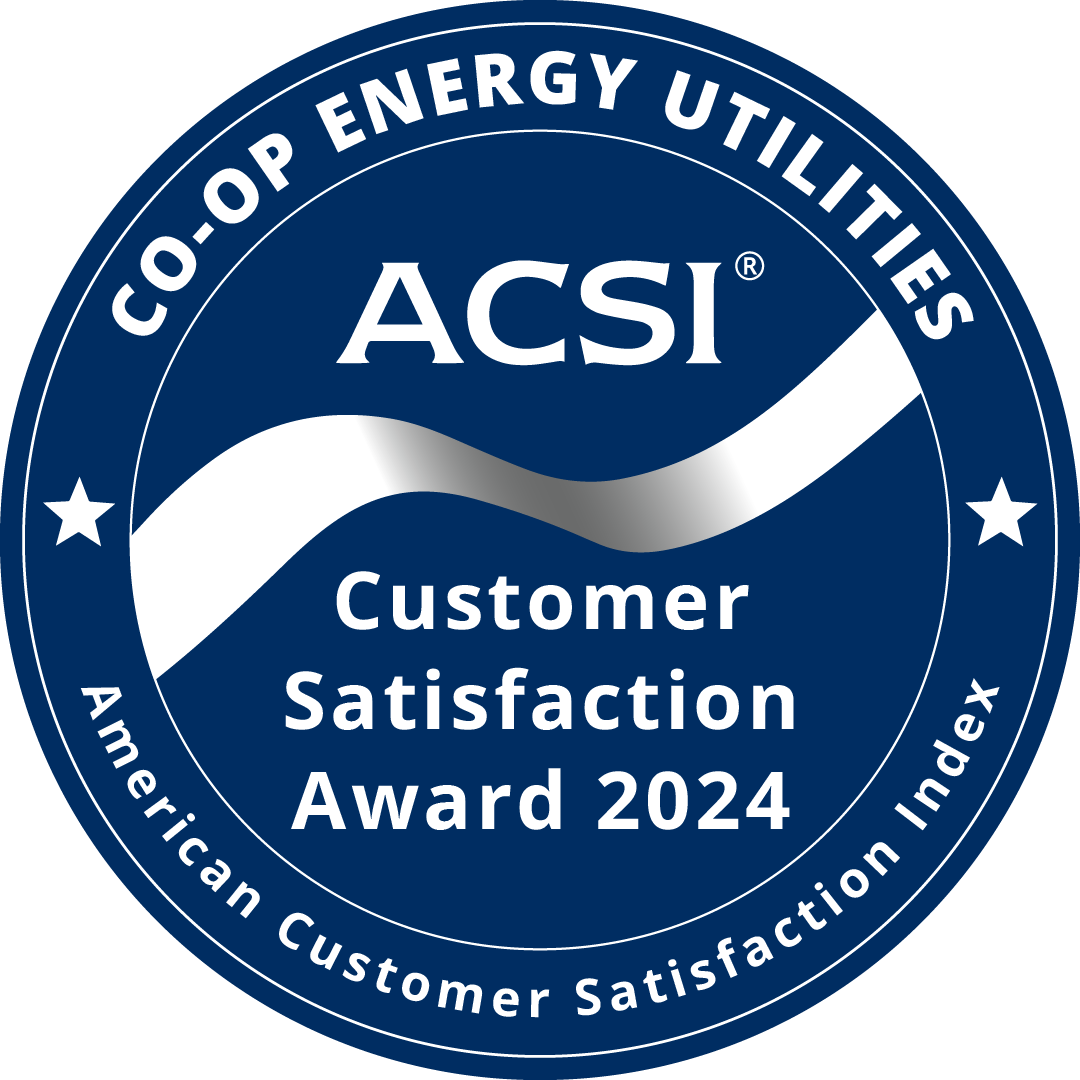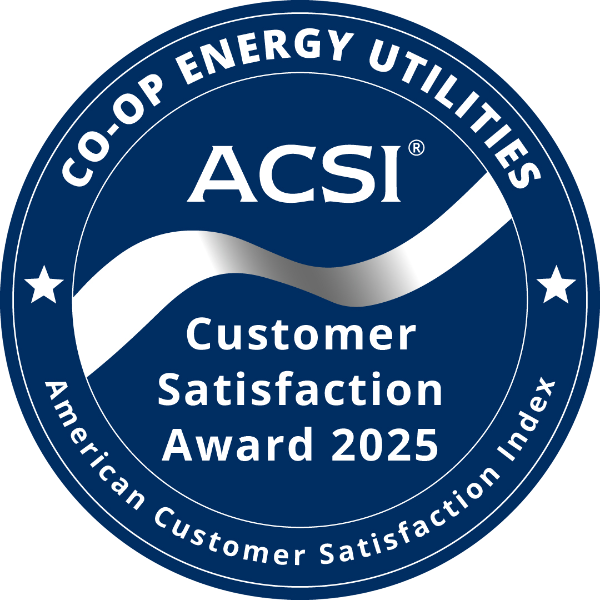Home cooking is a great way to make healthy and flavorful meals for you and your family, but careless kitchen habits are a recipe for energy waste. The good news is you have a full menu of opportunities while preparing meals and cleaning dishes to help trim your energy costs.
Ingredients for energy savings
- Keep your range top and oven clean. A well-maintained appliance will cook more evenly and efficiently.
- Preheat the oven to the exact temperature needed. Preheating isn't necessary for foods that cook for several hours.
- Limit the number of times you open the oven door. Opening the door can lower the oven temperature by as much as 25 degrees.
- Match the size of the pot or pan to the size of the burner. A 6-inch pan on an 8-inch burner can waste 40% of the energy used, according to the American Council for an Energy-Efficient Economy.
- Cover pots and pans to cook food faster and more efficiently. An added bonus is that the kitchen will stay cooler in the summer.
- Use glass or ceramic baking dishes whenever possible. They retain heat better than metal cookware.
- Consider your cooking options. Microwaves, slow cookers and toaster ovens are great options for simple meals or leftovers. They use less energy than a conventional oven or range top.
Low-cost cleanup
- Clean dishes using your dishwasher, which typically uses less energy and water than hand washing.
- Scrape dishes instead of rinsing them before loading them into the dishwasher.
- If you do rinse, use cold water to reduce energy use for water heating.
- To optimize dishwasher energy use, wait until you have a full load before running it.
Energy-efficient upgrades
If your kitchen appliances — such as your range, dishwasher or refrigerator — are older or need repair, consider upgrading to ENERGY STAR®-certified models. ENERGY STAR appliances are independently tested to ensure they use less energy than standard units while still providing the performance you expect.




